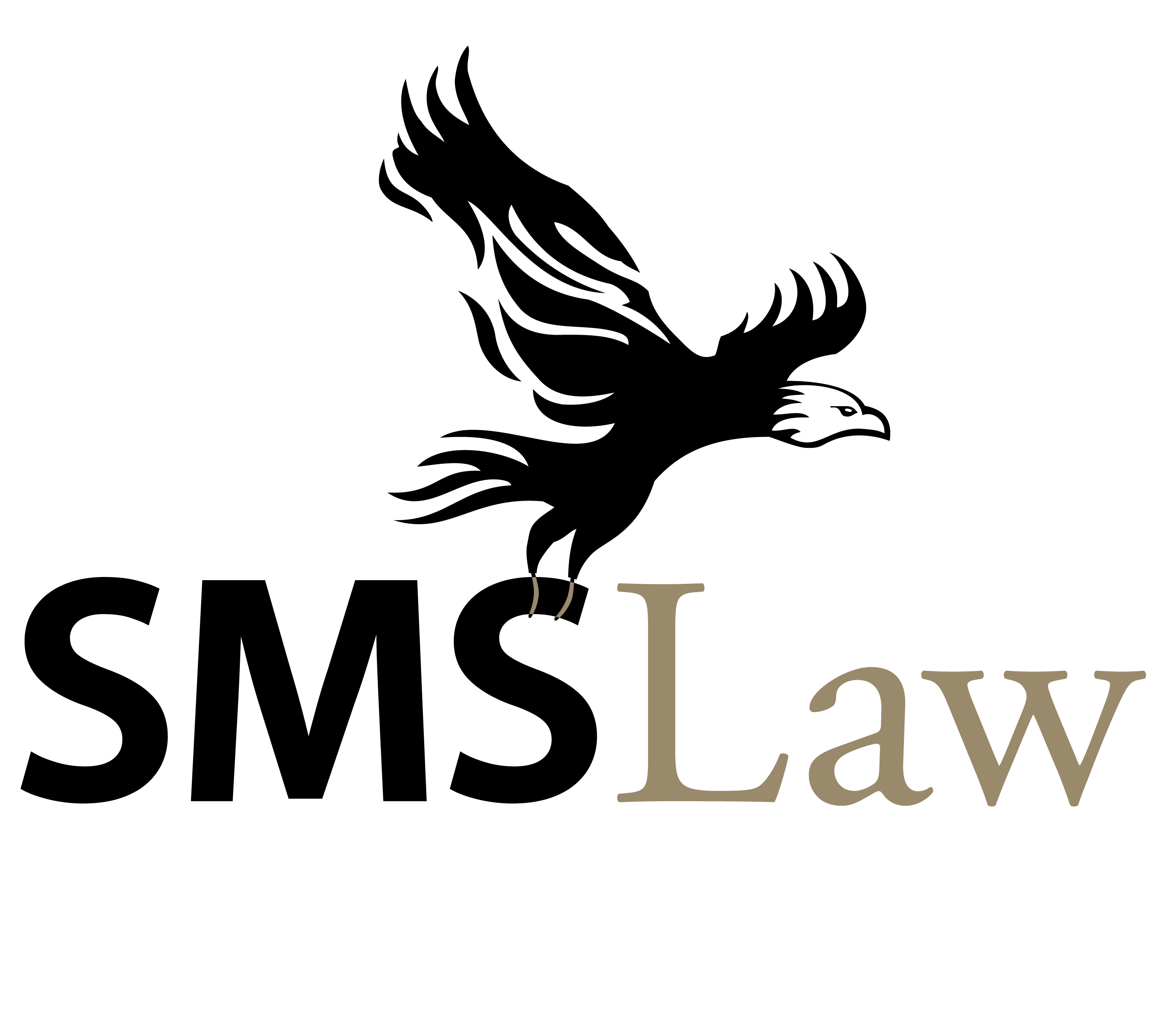
Testamentary Trusts
15 December 2021
What is a Franchise?
23 December 2021Do you need a Unit Trust?
The term of a trust is a legal entity where a person (Trustee) holds property and assets for the benefit of either a Beneficiary or a group of beneficiaries (Beneficiaries). The terms of the trust are important and a Trust Deed needs to be entered into between an Initial Beneficiary and the Trustee to govern the relationship.
Unit Trust
The term unit trust is used to describe a specific type of trust where the beneficiaries of the trust are entitled to receive a set ratio of the property of the trust. Special rules apply where the number of members increases to 20 and you should obtain specialised advice if this may occur.
Difference between a Unit Trust and a Discretionary Trust
Traditionally a discretionary or family trust is used by a family to allow for the tax-effective distribution of assets within a family. A Unit Trust is a structure used more in business situations whereby the distribution to the Beneficiaries is in fixed ratios. Given the fixed distribution ratios under a Unit Trust, it is a more useful vehicle for a business structure as it allows the partners to be entitled to an equal (or agreed proportion) of the property of the trust.
The roles in a Unit Trust
There are generally two distinct roles within a unit trust. It is useful to understand these roles as it is vital that the correct person is assigned to these roles to ensure that the trust complies with the legal requirements. These are:
- The Trustee
The Trustee is the legal owner of the trust property. This is distinct from the beneficial ownership of the property which vests in the Unit Holders. Usually, in a Unit Trust, the Trustee will be a Pty Ltd company the directors of which are ordinarily the key people from the unitholders of the trust.
The Trustee has the day to day control over the management of the trust and is under an obligation to ensure that they do not place themself in a position of conflict between the interests of the trust and their personal interests.
The Trust Deed will set out a number of powers that the Trustee is entitled to exercise, usually these are all the powers that an individual can exercise but it is important that a Trust Deed is properly drafted to ensure that the Trustee has the proper powers under the Trust.
- The Unit Holders
Unlike a discretionary family trust, there is generally no appointor in a unit trust. The initial contribution to the trust is usually from the initial Unit Holders and is the price paid by the Unit Holders for their Units in the trust.
The Unit Holders are the people and entities that have an entitlement to the income of the trust and are entitled to the capital of the trust. However, the Unit Holders do not have a direct interest in the assets of the trust other than those benefits provided to them upon the Trustee exercising his/her powers under the Trust Deed. When the Trustee distributes income to the Unit Holders this is always in proportion to the Units held by the Unit Holder in the Trust.
There is a general principle that Unit Holders are liable for the debts of the trust, however, this can be avoided with a properly drafted Unit Trust Deed. Where drafted properly the Unit Holders potential liability can be avoided.
Generally, it is the Unit Holders that have the power to appoint and remove Trustees of the Trust. This is distinct from a discretionary family trust where the power to appoint and remove trustees vests in a separate role being the Appointor (sometimes called the Principal of the Trust).
The Unit Trust Deed
As stated above the Units Trust Deed sets out the terms of the relationship between the Trustee and the Beneficiaries. We have extensive experience in drafting Unit Trust Deeds to be able to properly advise clients of the necessary structures and the tax ramifications involved in setting up this type of structure. It is important that you engage a competent lawyer to draft the Unit Trust Deed to ensure that your rights and obligations are properly catered for.
At SMS Law, our team of solicitors have extensive legal experience. We know the legal system can feel overwhelming, and it is hard to feel confident when you don’t know how to move forward. That’s where we step in, to guide you through each step of the legal process.
Click here to get a conveyancing quote.
Discover more from SMS Law
Subscribe to get the latest posts sent to your email.





